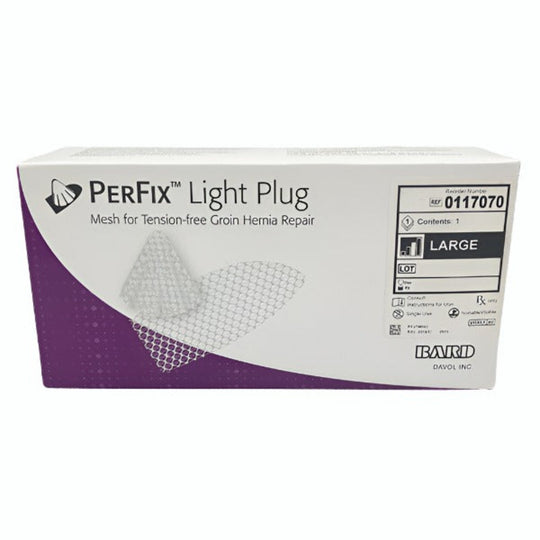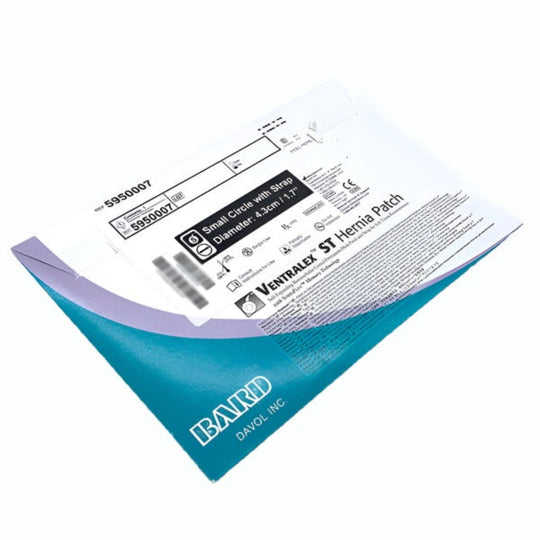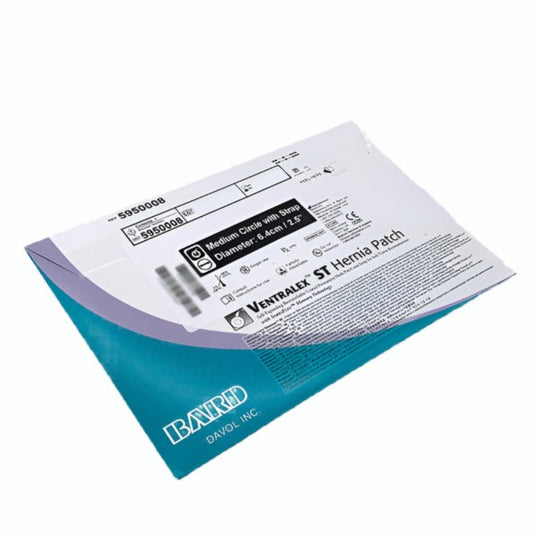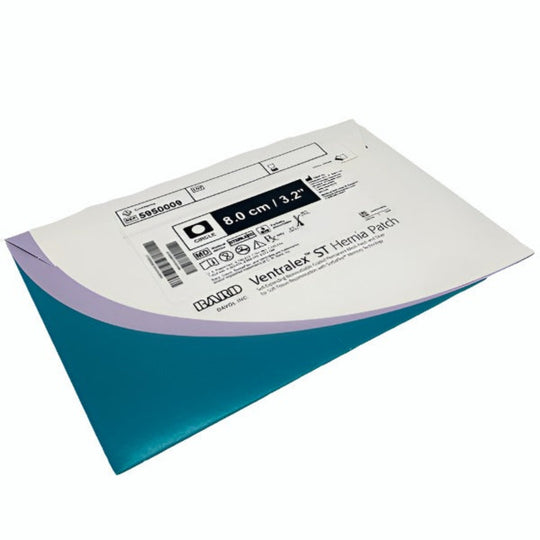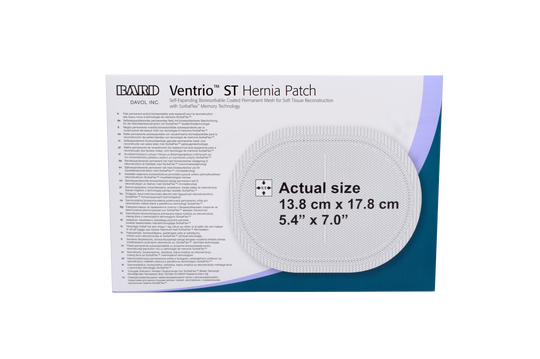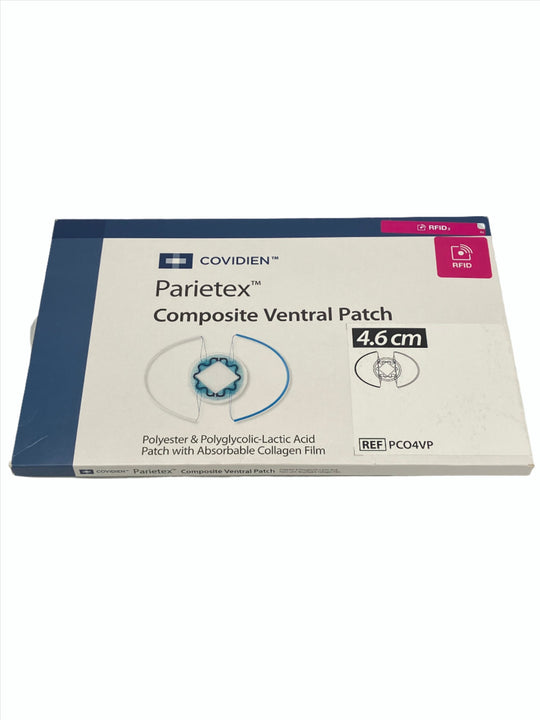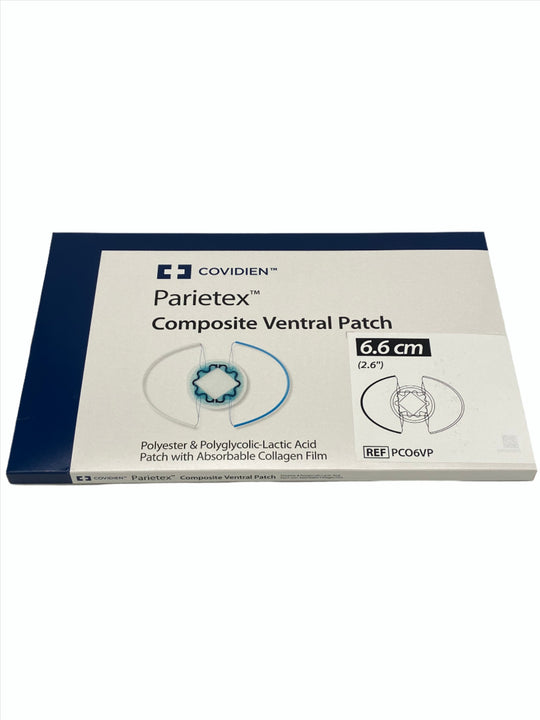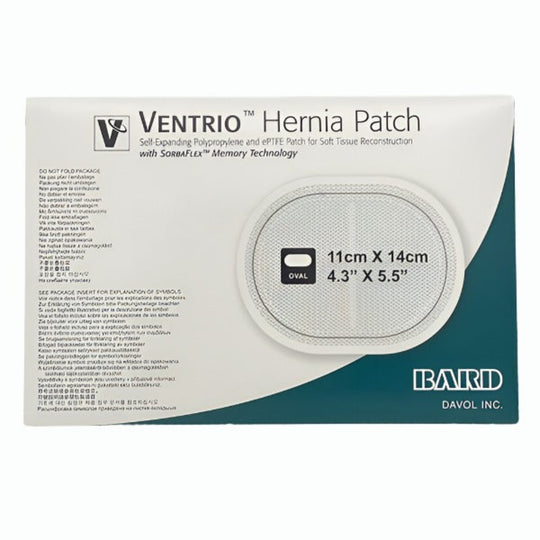
Buy Plugs & Patches – OEM‑Quality Surgical Supplies at Competitive Prices
Save 20–40% vs OEM pricing on genuine Plugs & Patches from leading manufacturers, in stock and ready to ship today.
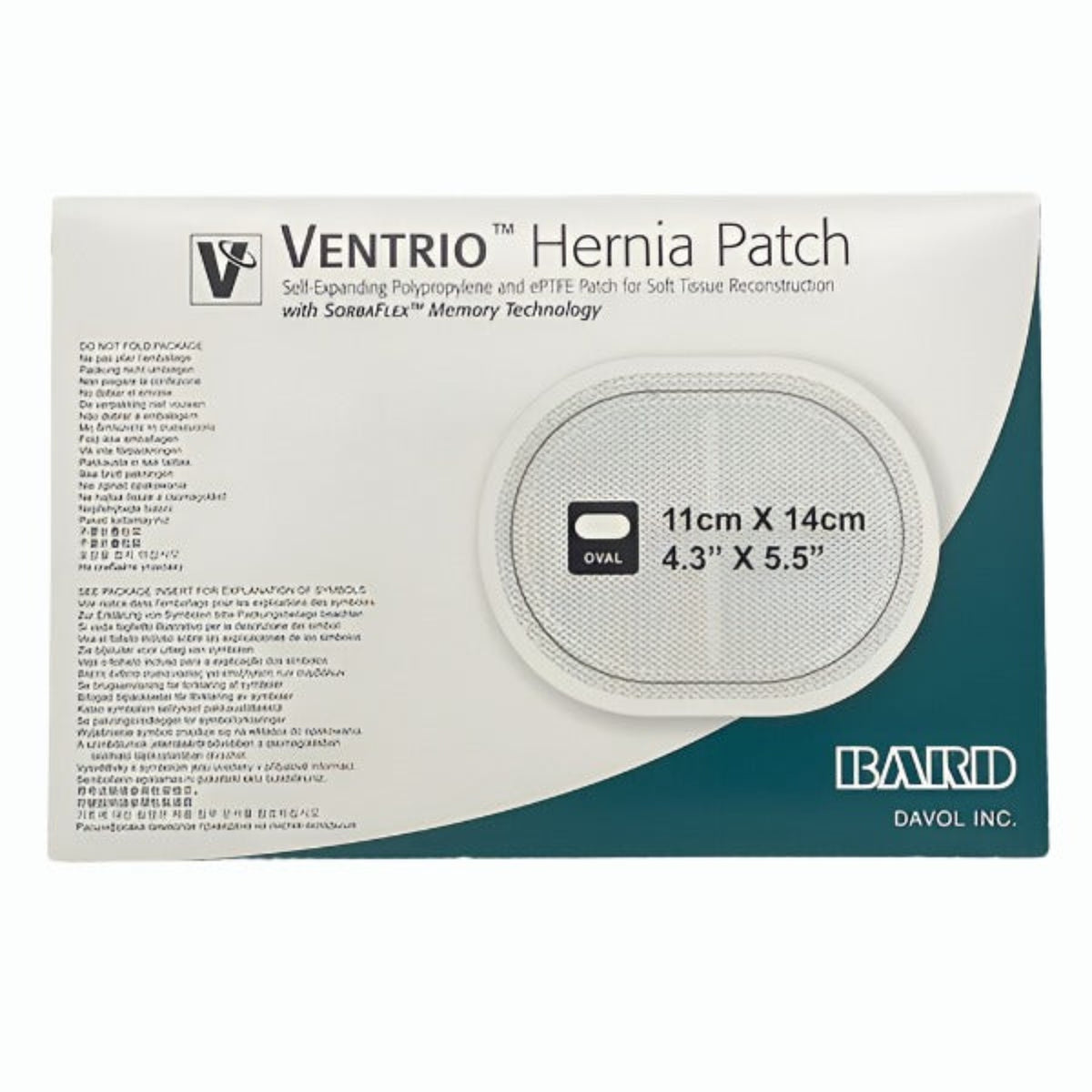
Why Choose XS Supply for Plugs & Patches
Browse Plugs & Patches by Your Needs
Why Choose Surplus Plugs & Patches Over Full‑Price OEM?
Your procurement budget stretches further when you source the same products through surplus channels. Every item in our Plugs & Patches inventory meets the same quality standards you expect, just at a fraction of the cost.
Traditional OEM Purchasing
✗ Full list pricing with minimal discounts
✗ Case quantity requirements
✗ Long‑term
contracts
✗ Standard delivery timelines
XS Supply Advantage
✓ 20‑40% below OEM pricing
✓ Buy single units or full cases
✓ No contracts or commitments
✓
Same‑day shipping available
Can't Find Your Plugs & Patches Item?
Send us the reference number and we'll source it today. Our procurement team specializes in locating hard-to-find Plugs & Patches products when standard inventory falls short.
What Sets Our Plugs & Patches Apart
Authentic OEM Products Only
No refurbished or generic alternatives. Every item is genuine surplus, in original packaging.
Florida Speed Advantage
Most Plugs & Patches orders ship the same day. 6‑hour emergency delivery in major Florida metros.
Flexible Quantity Options
Order exactly what you need — single units or bulk quantities.
Comprehensive Quality Controls
FDA API, anti‑counterfeit training, and inspection protocols ensure compliance.
How Materials Managers Source Plugs & Patches
Emergency Plugs & Patches Sourcing
When your regular suppliers are backordered and procedures can't wait:
- Same‑day sourcing for urgent requirements
- 6‑hour delivery within major Florida metros
- Emergency procurement from our hospital network
- Direct supplier contact via cell phone access
Custom Plugs & Patches Sourcing Process
Submit your requirements for personalized sourcing assistance.
Emergency Sourcing Process:
- Submit REF# and OEM
- Receive the sourcing timeline within 2 hours
- Approve pricing and delivery options
- Track procurement progress in real‑time
Frequently Asked Questions About Plugs & Patches
Do you stock all major Plugs & Patches brands?
How do you ensure Plugs & Patches authenticity?
What's the minimum order for Plugs & Patches?
Can you handle large hospital system requirements?
What if I need items not in your current inventory?
Ready to Save on Plugs & Patches?
Materials managers at 500+ facilities trust XS Supply for reliable Plugs & Patches sourcing at significant savings. Join healthcare leaders who've discovered smarter purchasing through surplus channels.
Let Our Team Give You Our White Glove Service
Send us any questions or requests and we’ll jump right on it.


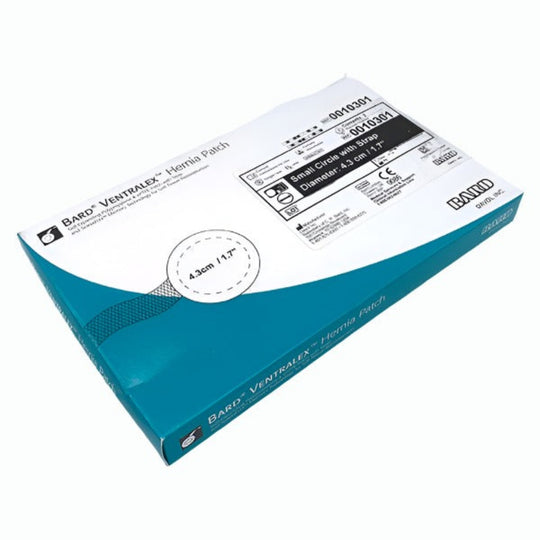
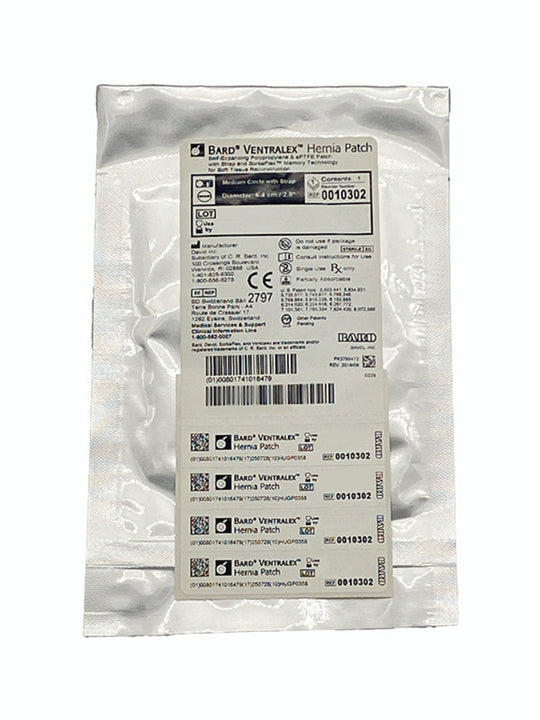
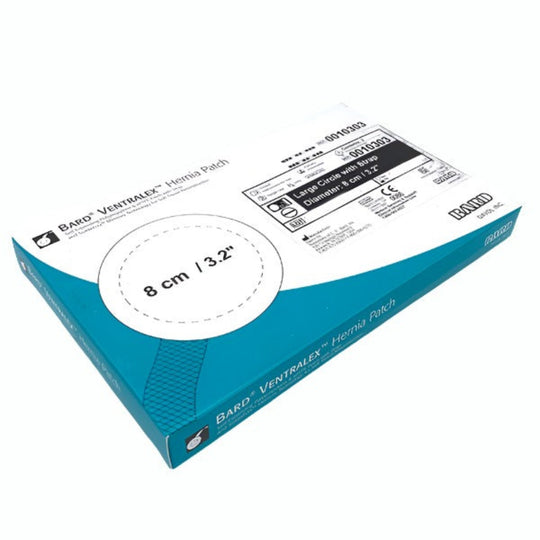
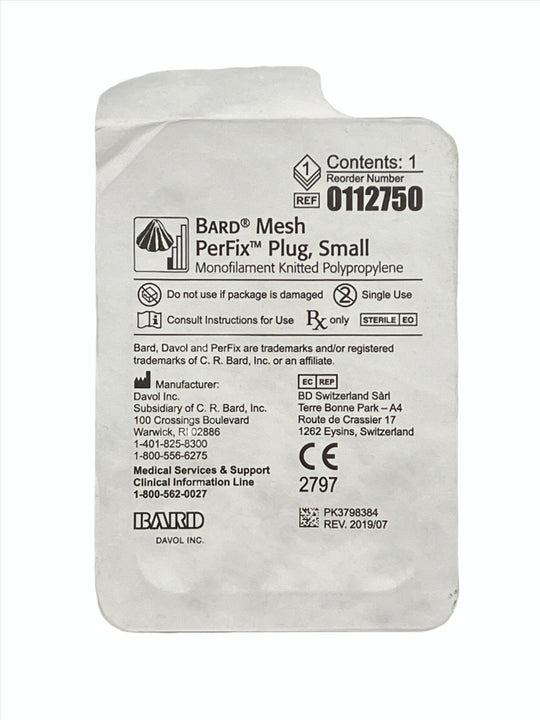
![BARD DAVOL 0112780 EXTRA LARGE MESH PERFIX PLUG, 1.6" X 2" [EACH], Individual Packaging Front](http://xs-supply.com/cdn/shop/files/IMG_1440_540x.jpg?v=1721151051)
